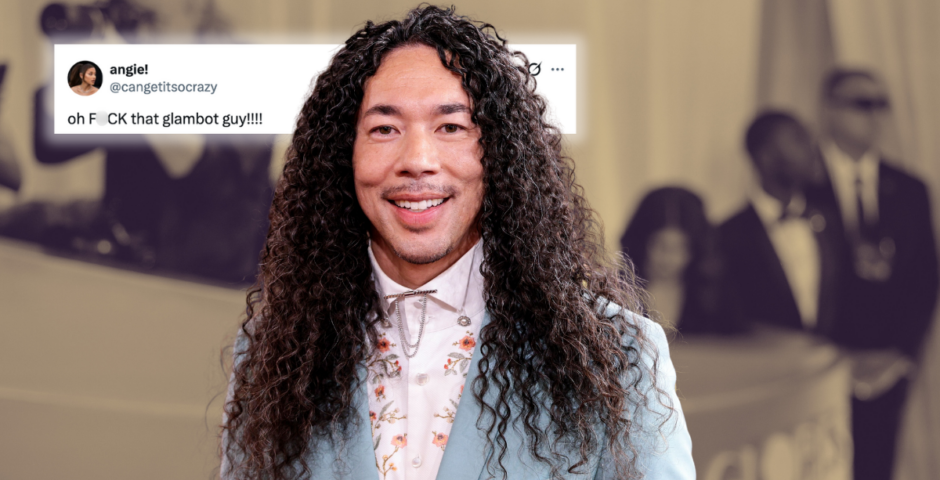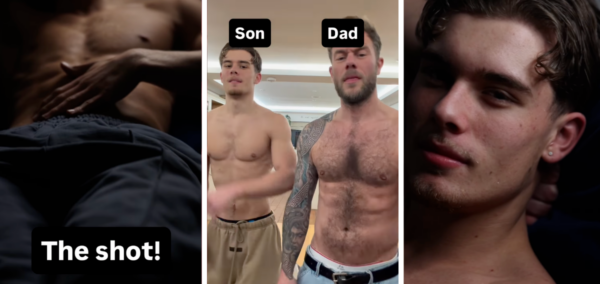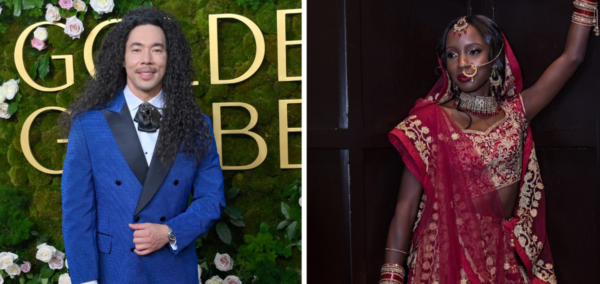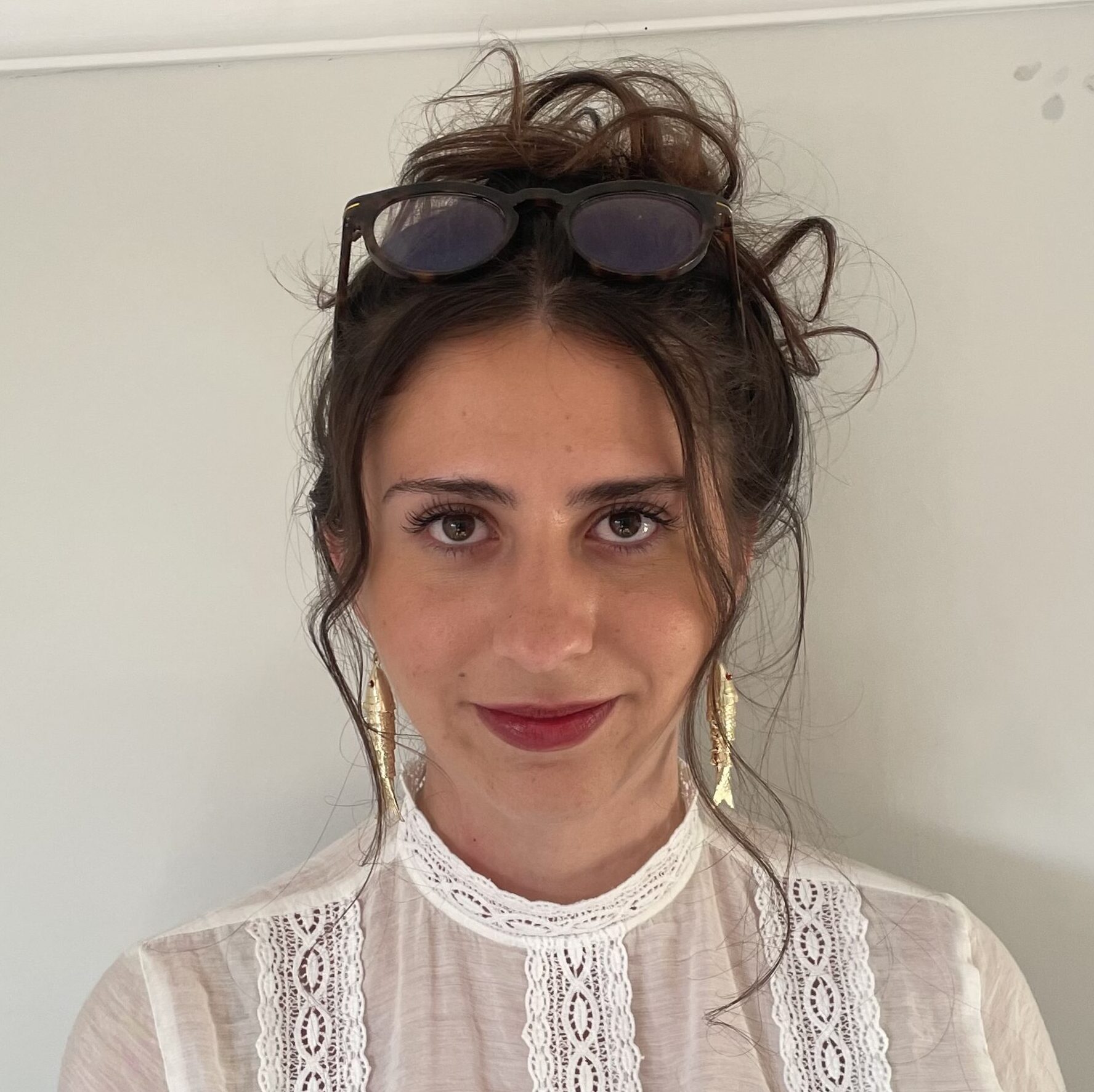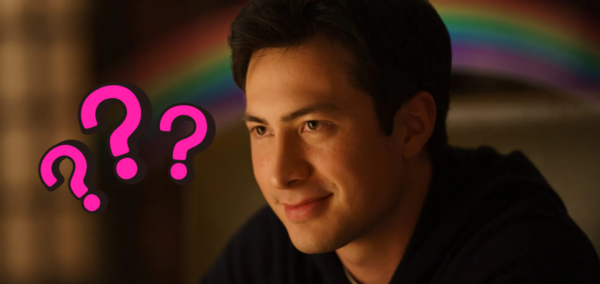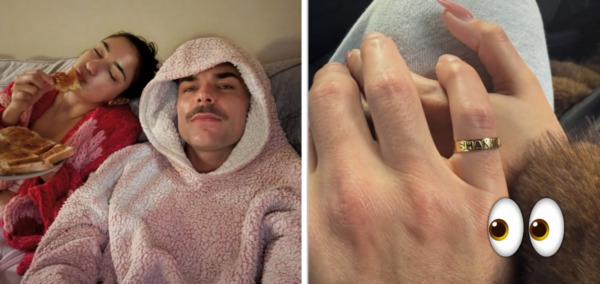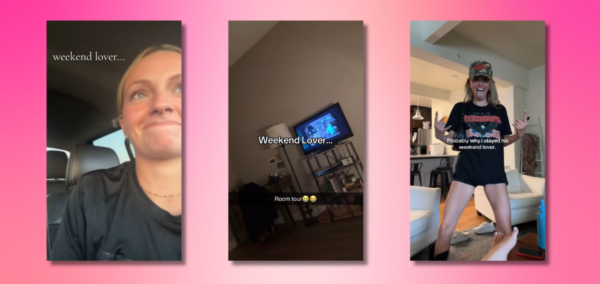
We need to create more safe spaces for women in Cambridge: Lessons from Reclaim the Club
Feminist societies around Cambridge are creating safe clubbing spaces for women and non-binary people, but what’s next?
On Monday 29th April at MASH, Feminist societies across the university hosted Cambridge’s first women and non-binary club night. With over 130 attendees and calls for the event to become a termly occurrence, the night was extremely successful.
In the wake of the success of Reclaim the Club, I was keen to know the next steps. Medwards FemSoc President Molly Owens said: ‘‘I think it’d be a great idea to make it a more regular thing” because she believes the club night “encouraged a fun, inclusive and safe environment”.

Image Credit: Connie Harrop
The event follows the national increase in spiking over the past few years. In 2021, after a surge in needle spiking, Cambridge colleges and clubs faced backlash in 2021 due to their lack of safety precautions. This culminated in a petition, and a club boycott organised by Girls Night In.
Back in 2021 the University responded to the petition. “The University and its Colleges take the safety of staff and students extremely seriously… The University regularly reviews how it organises its events to ensure appropriate safety and security measures are in place.”
Then-Cambridge SU Women’s Officer Milo Eyre-Morgan also responded with a statement. Milo recognised that, “these reports have understandably been extremely frightening for many students”.
It is unclear what action the university took in response to spiking concerns. The university and the SU have been contacted for comment.
At the time of the boycott clubs such as Vinyl and Lola Lo cancelled club nights in solidarity. Now, many clubs in Cambridge offer a free plastic drinks cover at the bar upon request.
Most Read
Measures preventing spiking may have marginally improved but many women and non-binary people find the behaviour of some cis-men in clubs to be uncomfortable and objectifying. An anonymous attendee revealed that she “usually feels unsafe in clubs” but “finally felt so safe” at Reclaim the Club night.
Many feminist events in Cambridge are performative in nature but Reclaim the Club showed genuine allyship and dedication to the cause. The volunteers on the door handed out a free reusable drink cover to the first 100 people upon entry into the club and all profits from the event went to Cambridge Rape Crisis Centre, a charity offering specialist support to women and girls across Cambridge who have been victims of rape and sexual assault.
When I asked about whether Cambridge FemSocs is planning to create more safe, inclusive spaces for women and non-binary people Molly Owens hinted that there may be events in the works, but “nothing is confirmed yet”.
Molly emphasised that Cambridge FemSocs is “looking to expand and collaborate with groups whose ideas align with their own”, and are keen to “open up a forum for feminist discussion”.
I commend the success of the night, but hope that this is just the first step in a long and comprehensive series of events for women and non-binary people. I look forward to seeing what Cambridge FemSocs achieves in the next year!

Image Credit: Connie Harrop
Feature image credits: Connie Harrop



